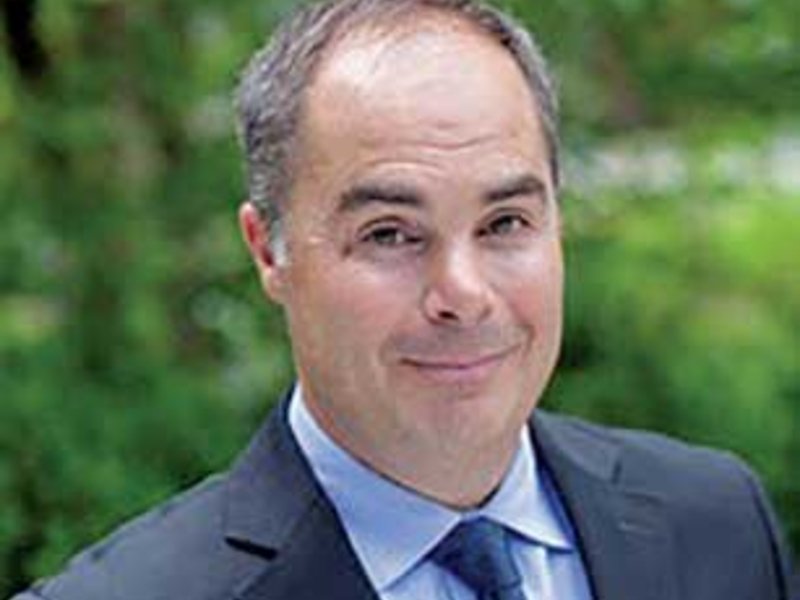
Walking through one of his empty dealerships wearing a mask and gloves earlier this month, Todd Caputo recalled why he decided to close his stores before ordered to by the state.
One of his technicians had called in sick the morning before with all the symptoms of COVID-19. It meant the technician’s wife, a nurse, had to be quarantined.
“Now she can’t work at the hospital,” Caputo said. “Now she can’t maybe save somebody else’s life. You know what I mean? I couldn’t deal with that.”
On March 19 he decided to close his four Sun Auto Group stores in the Syracuse area. The next day, New York Gov. Andrew Cuomo issued an executive order that effectively closed all sales operations for dealers. Service departments were deemed essential businesses and therefore could remain open.
But to Caputo it didn’t matter. His mind was made up. “It wasn’t worth it to me to sell one more car or to do one more oil change and one more brake job,” he said. “It’s just not worth it.”
Leading up to the decision to close, Caputo had been meeting with his leadership team. He had stopped buying used vehicles and began trying to conserve cash.
Once closed, he began securing assets and wrapped up loose ends such as contracts in transit, customers that owed the dealerships titles and paying other people what they were owed so they had some cash.
He laid off almost his entire staff of 215 employees. Caputo said he is paying those employees’ health insurance until the end of April and gave them an extra week’s pay. He figured that would give them a cushion until unemployment checks and other government aid arrived.
He selected a core group of people to perform basic functions of the dealerships behind the scenes. Some business could still happen, albeit at a distance. “What we’re going to try and do is basically presell cars to customers,” Caputo said. “So when we open, they can take delivery.”
Caputo had already set up the group’s Express Store with vendor Roadster for digital retailing about a year and a half ago.
He said the group is also going to agree to buy vehicles from people. “If we open up on April 18, for example, you know — come on in and you’ll have your check on the title.”
Caputo said he thinks he’ll be shut down for a minimum of three weeks. It’s at a time when used-vehicle sales were expected to be especially strong.
“That’s the crazy part,” Caputo said. The Saturday that would have been his last day to be open before the state’s stay-at-home order went into effect could have ended up being one of his busier days. But he stayed closed.
“Well, geez, do I stay open one more day so I can sell 30 to 40 more cars?” he said of his thought process. “And then somebody gets sick because they came in on Saturday, because I got to sell cars and make money? It’s not worth it.”